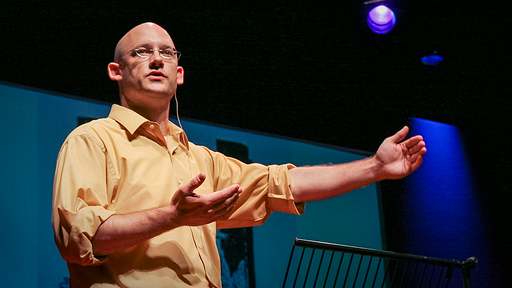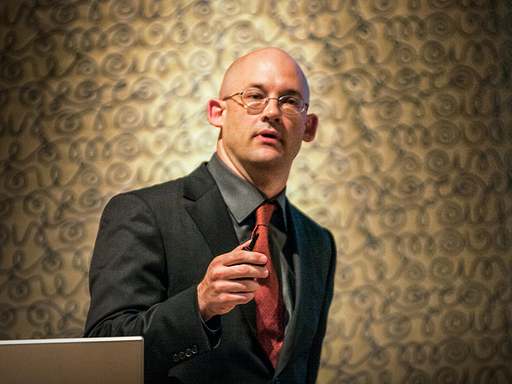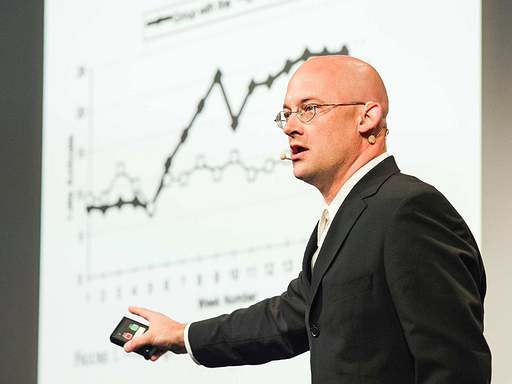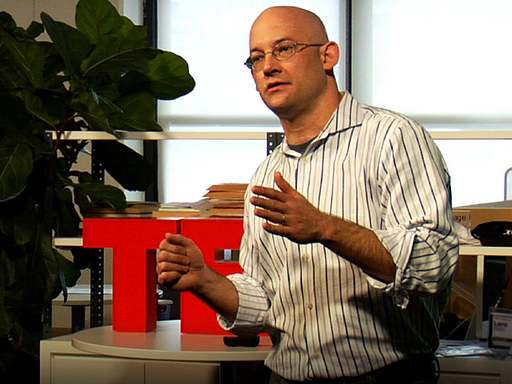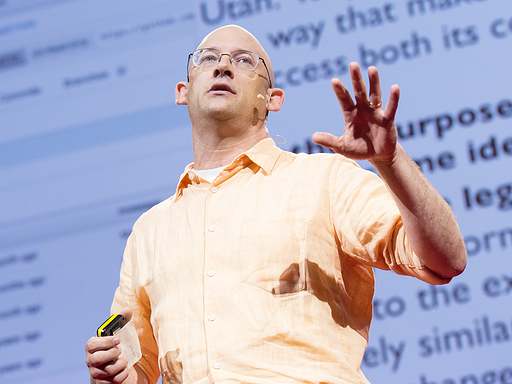Your summer reading list: Rashida Jones, Elizabeth Gilbert, Bill and Melinda Gates and many more share their book recommendations
Summer: the season for cracking open a good book under the shade of a tree. Below, we’ve compiled about 70 stellar book recommendations from members of the TED community. Warning: not all of these books can be classified as beach reads. And we think that is a good thing. Picks from Elizabeth Gilbert, author […]
Continue reading
